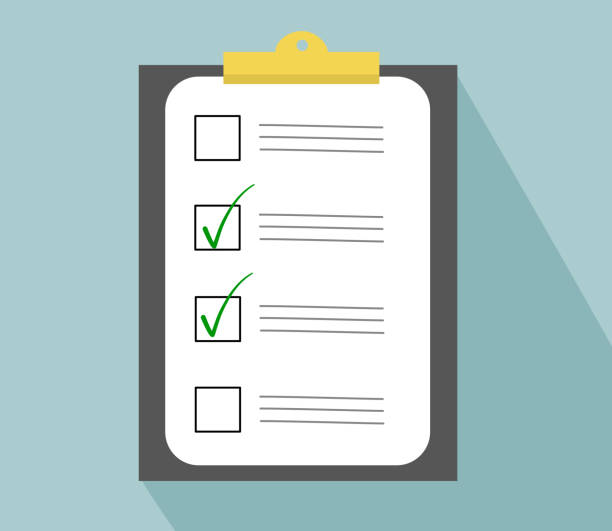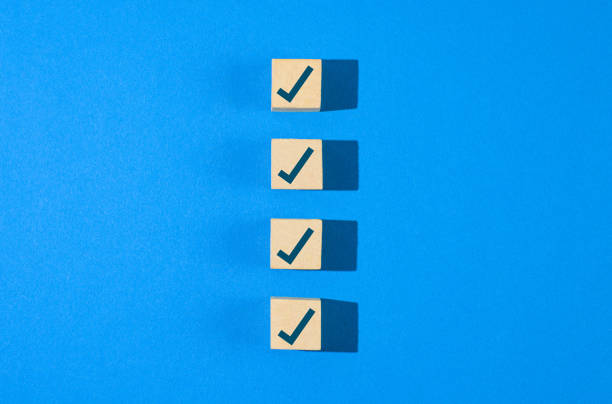Successful Event Promotion Timeline Guide

Your event timeline should include email invites, social media promotions, online advertising, and other tactics you plan to drive ticket sales and registrations. You'll need to decide on approximate timings for each of these activities and any other tasks related to the event, such as ordering supplies or booking venues. Make sure to leave plenty of time for each task — it's better to start early than rush at the last minute! Additionally, consider setting reminders so you don't miss any critical deadlines. With a detailed plan in place, you'll be able to ensure maximum attendance at your event.
Create an Event Planning Checklist

The first step in any successful event planning process is to create an event planning checklist. This checklist should include all tasks that must be completed before, during, and after the event. It should also have deadlines for each task so that you can stay on track and ensure everything is done in time.
Anchor Points
Anchor points are essential for successful event management. They provide a timeline of deadlines that must be met to ensure the event runs smoothly. Without anchor points, it can be challenging to keep track of all the tasks that need to be completed and when they need to be done.
Anchor points can include promotional deadlines for when print publications need your ad copy, the date you need to finish sending out early bird tickets, and when you'll publish blog posts. Having these set in stone helps keep everyone on track and ensures that all necessary tasks are completed on time. It also allows you to plan for any potential issues to be addressed before they become a problem. Finally, anchor points help ensure that everything is running smoothly and efficiently so that your event will succeed.
Create an overview timeline
A timeline should include all the steps necessary to promote the event, from initial announcements to post-event wrap-ups. This timeline should be tailored to the event's specific needs and consider how much promotion is needed at each stage. Keep this initial timeline broad. It should not have too much detail because this timeline will be used for the whole organization, not just for a specific event team.
Having an overview timeline put in place makes your promotion clear for everyone in your organization. It is a place everyone can go to ensure they are on the right track pertaining to their team's tasks. Each team should create a more detailed timeline from this initial timeline.
Having multiple timelines may seem like extra work. But in the long run, it makes the promotional timeline much faster and easier to create when you have a broader one to go off of to answer any of your questions you might have.
What to focus on when creating your detailed promotional timeline

Up to 6 months before the event
The first few months of event promotion should be focused on building awareness. This is the time to get in front of your target audience and tell them about your upcoming event. One way to do this is by posting on event websites, creating a Facebook event, and sharing with social media groups. You can also reach out to guest speakers, influencers, and sponsors who may be interested in participating in or promoting your event.Another great way to build awareness for your event is through content marketing. Create blog posts, videos, podcasts, or other content that will help spread the word about your event. You can also use email campaigns to reach out to potential attendees and let them know what you have planned. Finally, remember traditional advertising methods such as print ads or radio spots. These tactics will help you build awareness for your upcoming event in the first few months of promotion.
Two months before the event
As the date of your event draws closer, it is crucial to focus on attendance. To do this, you should continue to promote the successful event elements and start to push registration more. This can be done by publishing online ads, implementing cross-channel marketing by creating and posting content on your blog, YouTube channel, podcast, and other channels, nurturing your new email list to get subscribers to register for your event, and offering registration and tickets at a standard price.By focusing on these tasks in the two months leading up to your event, you will be able to maximize attendance. You can also use this time to create excitement about the event through social media posts or videos that highlight what attendees can expect from attending. Additionally, you can reach out directly to potential attendees via email or phone calls with special offers or discounts for early registrants. By taking advantage of these strategies in the two months before your event, you will be well on your way toward achieving a successful turnout!
One month before the event
As the event host, you must ensure that all of your guests are aware of the upcoming event. Therefore, one month before the event, you should ramp up your promotional efforts to ensure everyone knows what is happening and when. This includes sending out reminders to email subscribers with need-to-know information, remarketing to those who have visited your landing page but still need to sign up, and scheduling content on partners' social media channels.You should also take this time to review any final details for the event, such as catering arrangements, seating plans, and any other logistics that may be necessary. Additionally, you should confirm with speakers or performers that they will be attending and make sure their travel arrangements are in order if needed. Taking care of these details now will help ensure a successful event later.
Two weeks before the event
The two weeks before an event are crucial for promotion and engagement. It's the last chance to get people excited about what's to come and remind them that they don't want to miss out on all the great things you have planned. During this time, it's important to create and post behind-the-scenes content featuring the best things attendees can look forward to. This could include sneak peeks of activities, interviews with speakers or performers, or even just a few words from the organizers about why they're so excited about the event. Additionally, it's important to post daily on social media platforms like Facebook, Twitter, Instagram, etc., to keep potential attendees informed and engaged. Finally, remind everyone that this is their last chance to register for your event - make sure they know how much fun they'll have if they do!One week before the event
With less than a week before the event, it's time to start sending out "last call" emails to remind people of the upcoming event. This is a great way to ensure that everyone who has expressed interest in attending is aware of the date, time, and other essential details. Additionally, it's a good idea to post daily on social media about the event. This can be done through photos, videos, or even just simple text posts. It will help keep the event top-of-mind for those who may have forgotten about it and encourage them to attend.Finally, start sharing behind-the-scenes content of the event space. People love getting an inside look at what they can expect when they arrive at the venue. Showing off decorations, food options, seating arrangements, and more will get people excited about what's in store when they show up on the event day. These tactics are great ways to ensure that your event is well attended, with only a few days left until it takes place!
Event day
On the day of your event, it's crucial to stay on top of all the details. Sending last-minute reminders and updates via SMS/text messaging is a great way to ensure that everyone is aware of any changes or updates. You can also share photos and videos on social media using your hashtag so that people can follow along with the event in real-time. Taking pictures and videos during the event will also provide you with content for future use. Additionally, getting quotes from attendees about the event will give you material to share now or later.Following week after the event
No matter the results of your event, it is essential to express appreciation for the contributions of your attendees, partners, sponsors, etc. Consider sending a speedy follow-up mail in addition to a brief questionnaire with the goal of making your next occurrence even better. If your event transpires yearly, you can also communicate next year's dates at this time to start the promotional process early.Using an online ticketing platform like Events.org can help streamline the process of managing registrations, payments, and check-ins for your event.
This timeline and its elements are just a template; depending on your needs, you may need to adjust it accordingly. However, this should give you a good idea of what needs to be done for successful event promotion. Event Promotion
 Your All-in-One Event Management Platform
Your All-in-One Event Management Platform
Host Events with Ease! Events.org's comprehensive event management platform makes it easy to optimize, automate and maximize your organization's entire charitable event calendar.Events.org Benefits:
✓ Simple, Affordable Pricing for Paid Events: $1 per Transaction!
✓ FREE Events are always FREE
✓ Host & Manage Any Event
✓ Dedicated Customer Support
✓ Branded Event & Donation Pages
✓ Donor and Contacts Management (CRM)
✓ Membership Management
✓ Conference Management
✓ Volunteer Management
BONUS: Free access to the iBid's Mobile Auction AutoPilot™ - This automation tool saves you time & stress while streamlining auction tasks. Manage auction items and payment processing, including express checkout & digital receipts!

